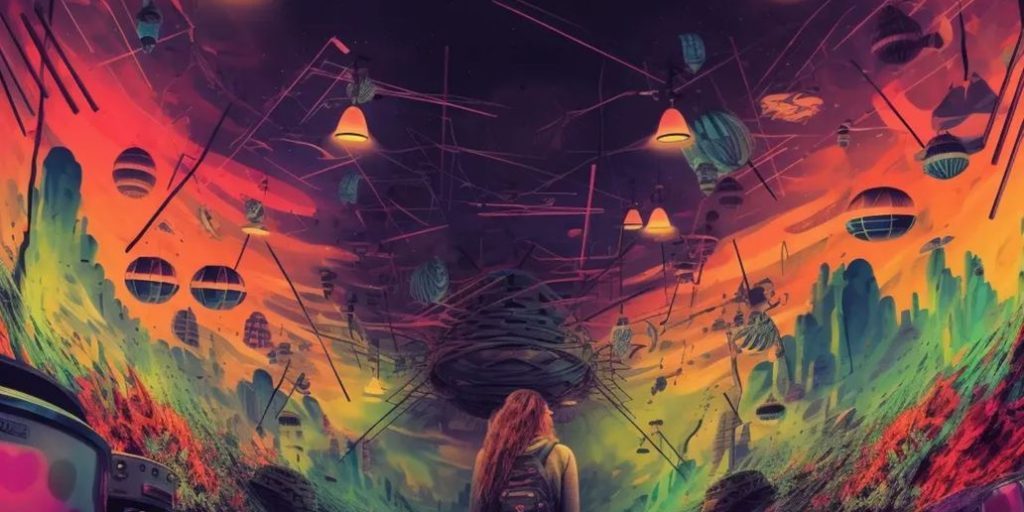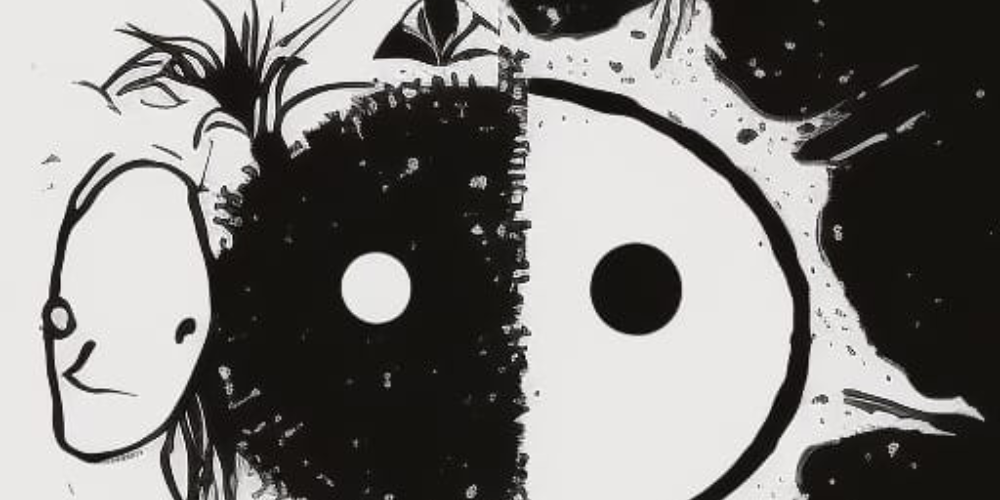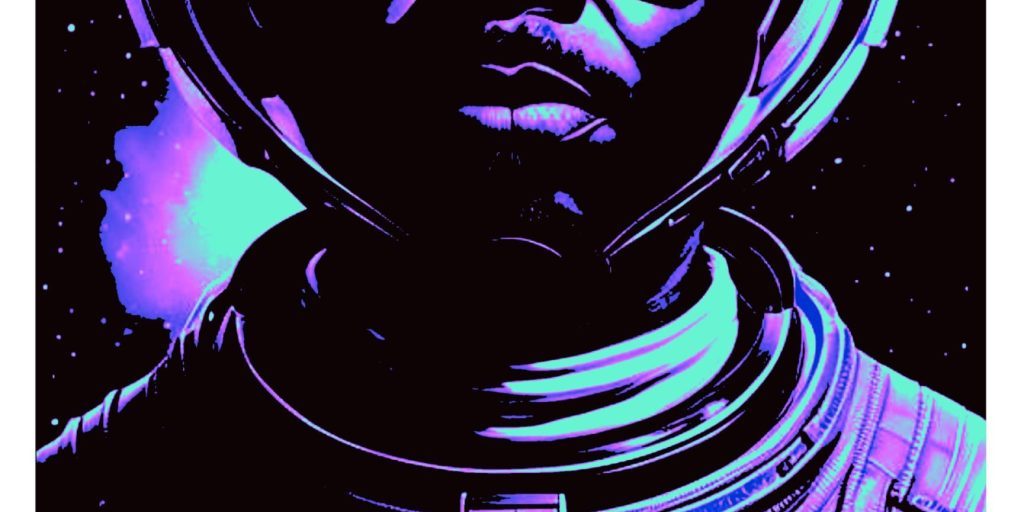How the Attention Economy is Shaping the Music Industry
There was a time not so long ago when we would turn to digital media for a brief, enjoyable break from the minutiae of daily life. These days, it feels like daily life is just a break from the onslaught and endless consumption of digital content. (At least until the creeping fear that you’re wasting your life away sends you scurrying back to the numbing comfort of your doomscrolling, but I digress.)
*Existential crisis aside*
The rise of digital has changed every single industry on the planet – and music is no exception. While much has been said about the tremendous influence of DSPs (Digital Service Providers) and social media on music trends, what hasn’t been talked about enough is the attention economy and how it’s changing the industry before our eyes.

What is the Attention Economy?
You may not remember much from ECON 101, but one concept you’re probably familiar with is supply and demand – especially when it dictates nearly every aspect of our lives (thanks capitalism). In essence, supply and demand states that the more scarce a resource is (or is perceived to be), the higher its cost.
And attention is at an all-time premium.
The term “attention economy” was first coined by Herbert Alexander Simon, an American economist, political scientist and cognitive psychologist. In his 1971 article, “Designing organizations for an information-rich world,” Simon talked about how information and attention fit into the supply and demand model:
“[I]n an information-rich world, the wealth of information means a dearth of something else: a scarcity of whatever it is that information consumes. What information consumes is rather obvious: it consumes the attention of its recipients. Hence a wealth of information creates a poverty of attention and a need to allocate that attention efficiently among the overabundance of information sources that might consume it.”
If our attention was a scant resource in the ‘70s, today it’s downright rare. Findings from a 2015 study published by Microsoft showed that the human attention span has dropped to eight seconds – that’s a reduction of nearly 25% in a matter of a few years. With the attention window steadily shrinking, it’s no small wonder that creators & corporations alike are constantly vying for our attention and the value it brings. This back and forth bleeds over to the places where we discover and listen to music. So, the question is: how do artists cut through the noise and gain recognition in the increasingly competitive fight for attention?
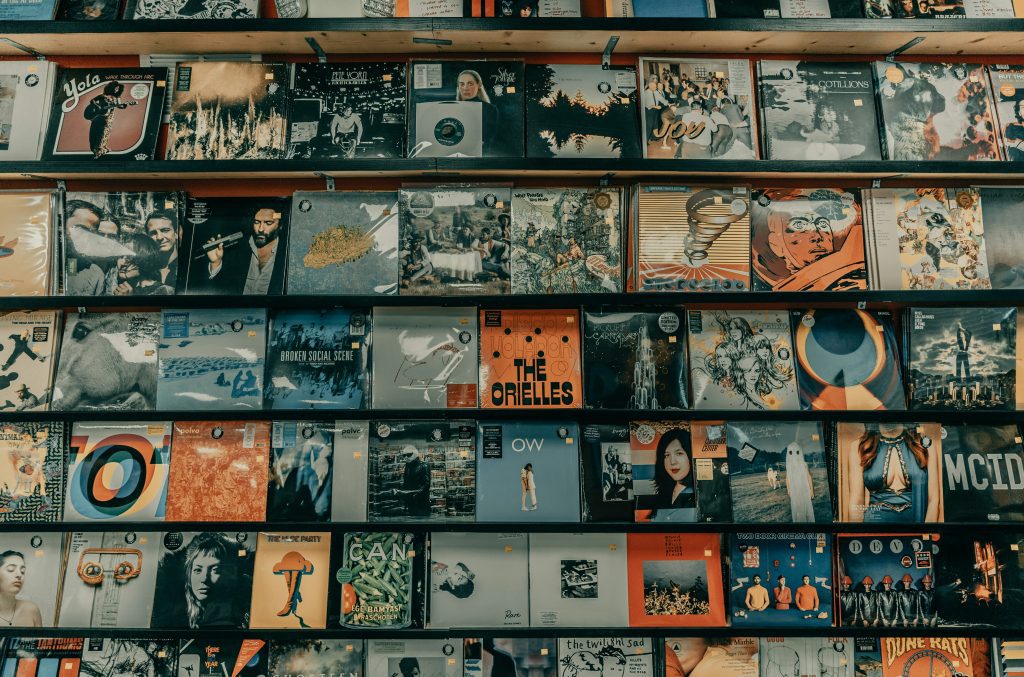
Content Abundance & the Illusion of Choice
One of the things that people love most about music is that there’s a little something for everyone – and A LOT of it. But most casual listeners are likely unaware of just how fast the deluge of new content is growing on DSPs. According to Luminate (previously known as MRC Data and Nielsen Music), an average of 120,000 new ISRCs (music audio files) were added to DSPs per day in the first quarter of 2023 alone.
That’s a total of 10.08 million new tracks uploaded to Spotify, YouTube Music, and others in just 3 months. And if an abundance of content (information) is the death of attention, then artists are fighting a veritable extinction event. Just think about it – how often do we listen to music with one finger hovering over the skip button (even if we like the track)? With so much content to choose from, we’re always looking for the next best thing. But that’s only half the problem.
The sheer amount of songs available on DSPs creates the illusion of endless selection. Yet, beneath the surface of this apparent abundance lies a complex interplay between algorithms, creators, and audience attention.
Algorithms are like invisible gatekeepers on DSPs, analyzing user behavior, preferences, and trends to curate our musical journeys. While personalized music curation sounds awesome in theory, in reality it does a huge disservice to fans and artists alike by limiting exposure to a small subset of songs they deem worthy. As a result, over 99% of ALL audio streaming is made up of just the top 10% most-streamed tracks. That leaves less than 1% of streams accounting for all other music.
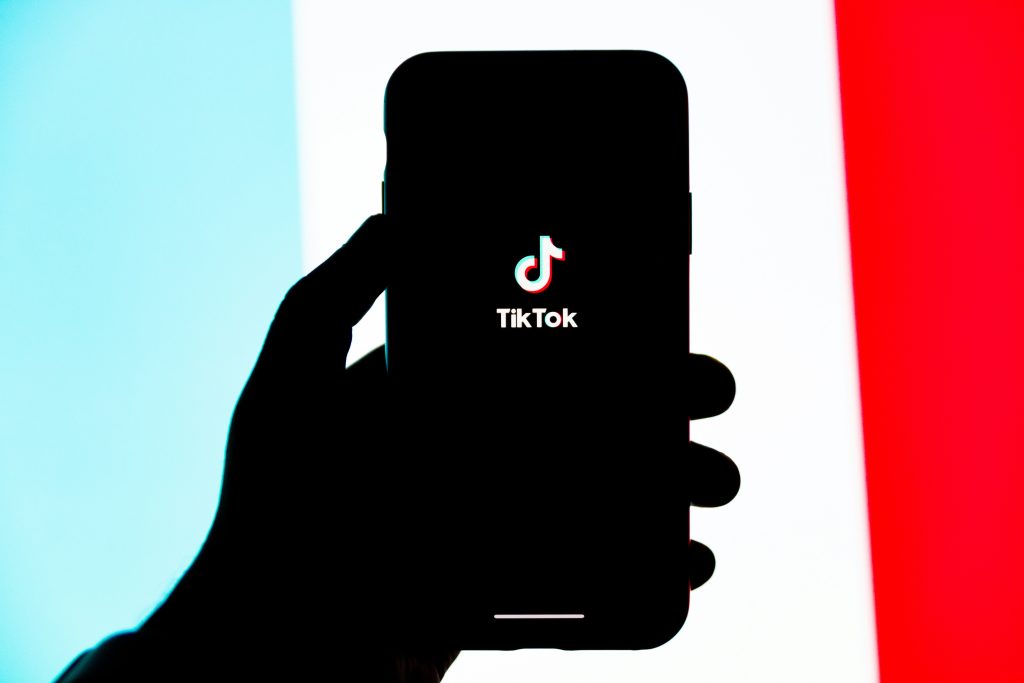
The Tiktok-ification of Music
Social media has changed a lot about our daily experience, both online and off. But the most impactful shift began with the popularization of the video sharing platform, TikTok. From entertainment to shopping to our simple day-to-day, anything and everything can be content – and it’s all competing with one another for your attention. And as the lines between entertainment types grow increasingly blurry, musicians must adapt to the new status quo.
Here are just a few examples of how TikTok is impacting the industry:
- Songs are shrinking. When skipping a song is as easy as pressing a button, getting a listener’s attention is crucial. Over the last few decades, song intros have been cut down drastically in an effort to capture and keep attention more effectively. According to one study by Hubert Léveillé Gauvin, song intros have shrunk from an average of 20-25 seconds in the mid-1980s to a mere 5 seconds by 2015.
- Death to traditional albums (mostly). Over the years artists have had to rethink how they release music to better cater to the new pace of music consumption. While many artists still put out entire albums, releases based around a string of singles over a set period have become more popular. This staggered release, along with a coordinated social media campaign, has proven to hold fan’s fragmented attention on a project over time better than simply releasing a full album at once.
- The viral plague. Recently, artists’ personal social media have begun taking a more prominent (and compulsory) role in marketing new songs. A number of stories have even surfaced from mainstream artists who claim that virality is now a stipulation for the release of new music. In other words, unless artists can manufacture a few viral moments, labels can keep their art on the shelf indefinitely.
The Fight for Attention – a Zero-Sum Game for Artists & Music Fans
There’s no denying that, for a select group of people, the attention economy is wildly profitable. The only real question is who is actually benefiting, and is it worth the cost? Because while music fans may get a smorgasbord of melody, and artists with enough luck (or financial backing) to crack the system may get wealth and notoriety – the truth is they’re both losing something important in the process.
Artists who have to create within predetermined boundaries may find that the cost of popularity is their authenticity. On the flip side, fans may discover that catchy soundbites, while entertaining, leave them feeling empty and unsatisfied. Because when music becomes more of a plug-and-play formula than an expression of individual creativity, it loses the magic that made it captivating in the first place.
It’s hard to say with any real certainty how the music industry will evolve to adapt to the trajectory of the attention economy. But if there’s one thing I know for sure it’s that no matter how quickly things move, in a world of shock and awe, authenticity and genuine connection are something people are always willing to slow down for.
At NEWM, we’re building a creating a fair, transparent and decentralized music ecosystem dedicated to artists and listeners – and music distribution is just the prelude. Find out more about how you can join as an artist at newm.io/artists/
Stay informed
To get all our amazing stories and know more about Crypto, Music and projectNEWM overall, make sure you register for our NEWMag newsletter!

